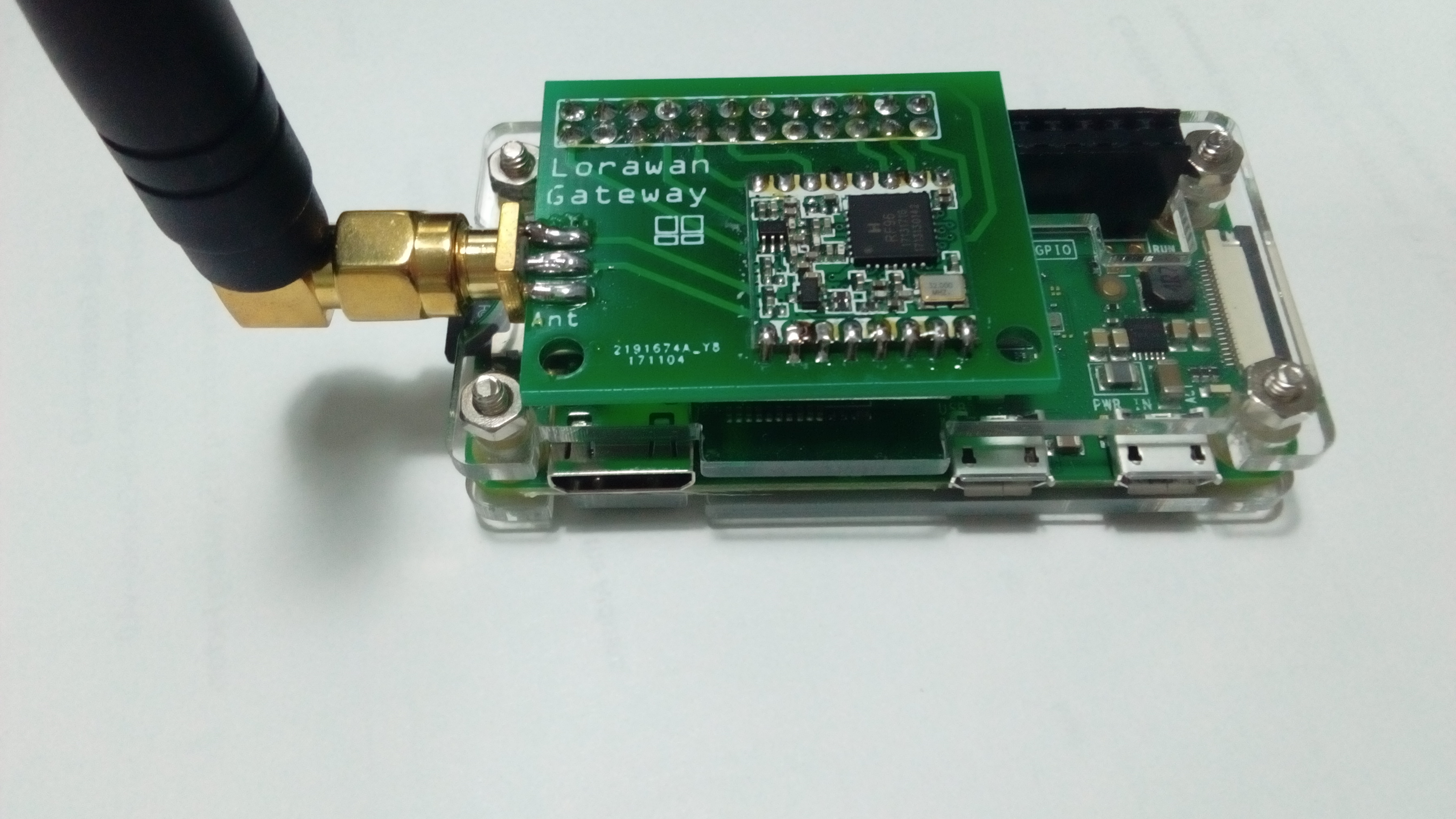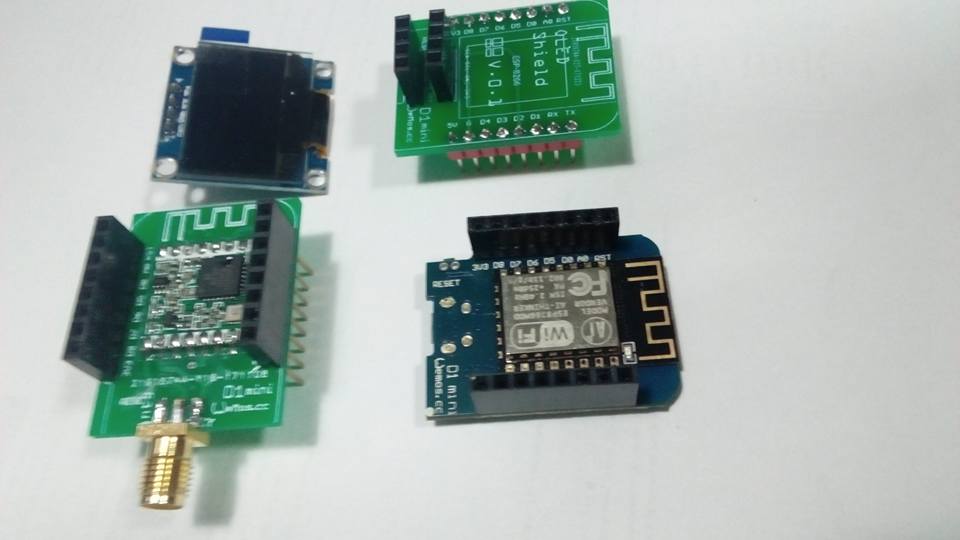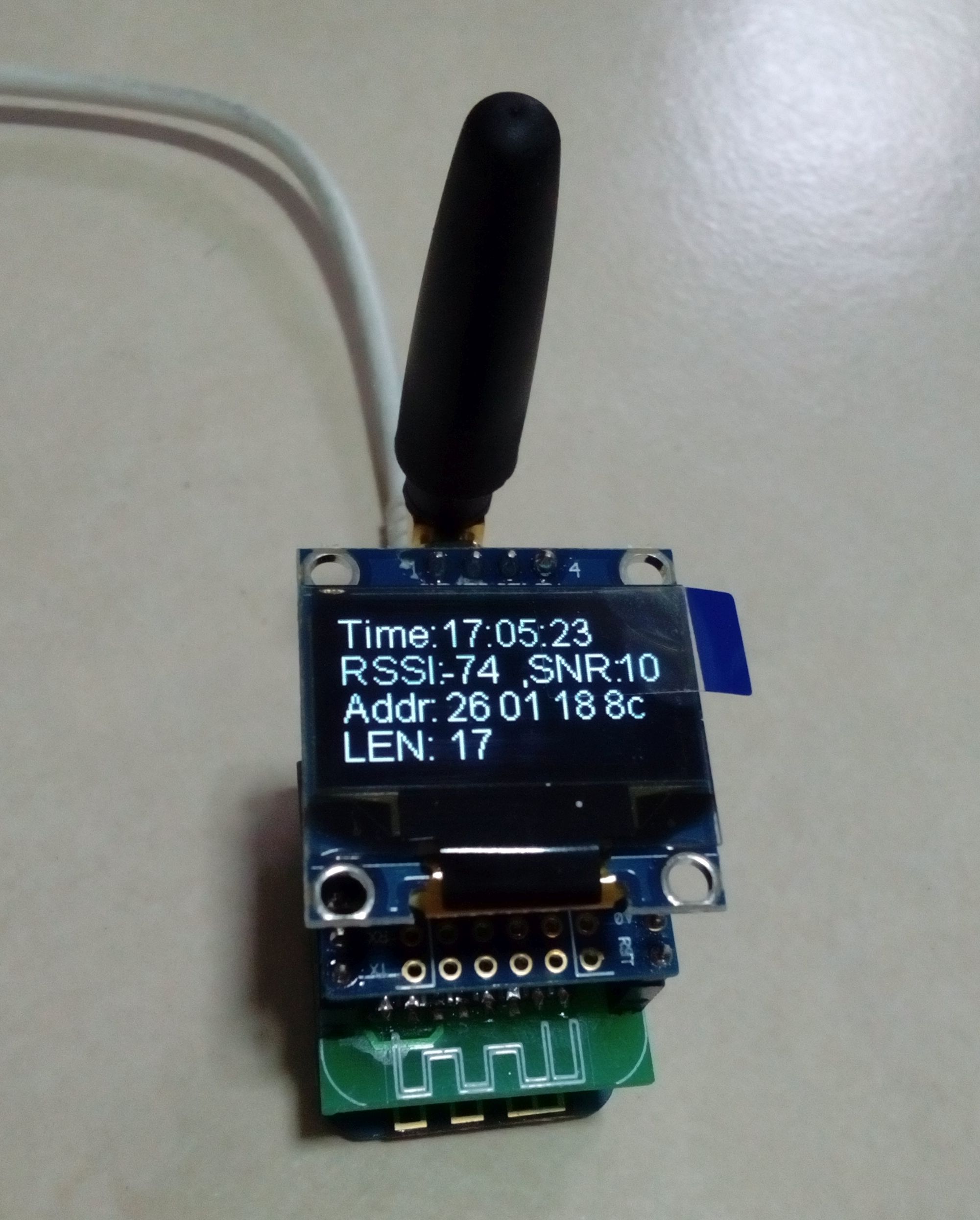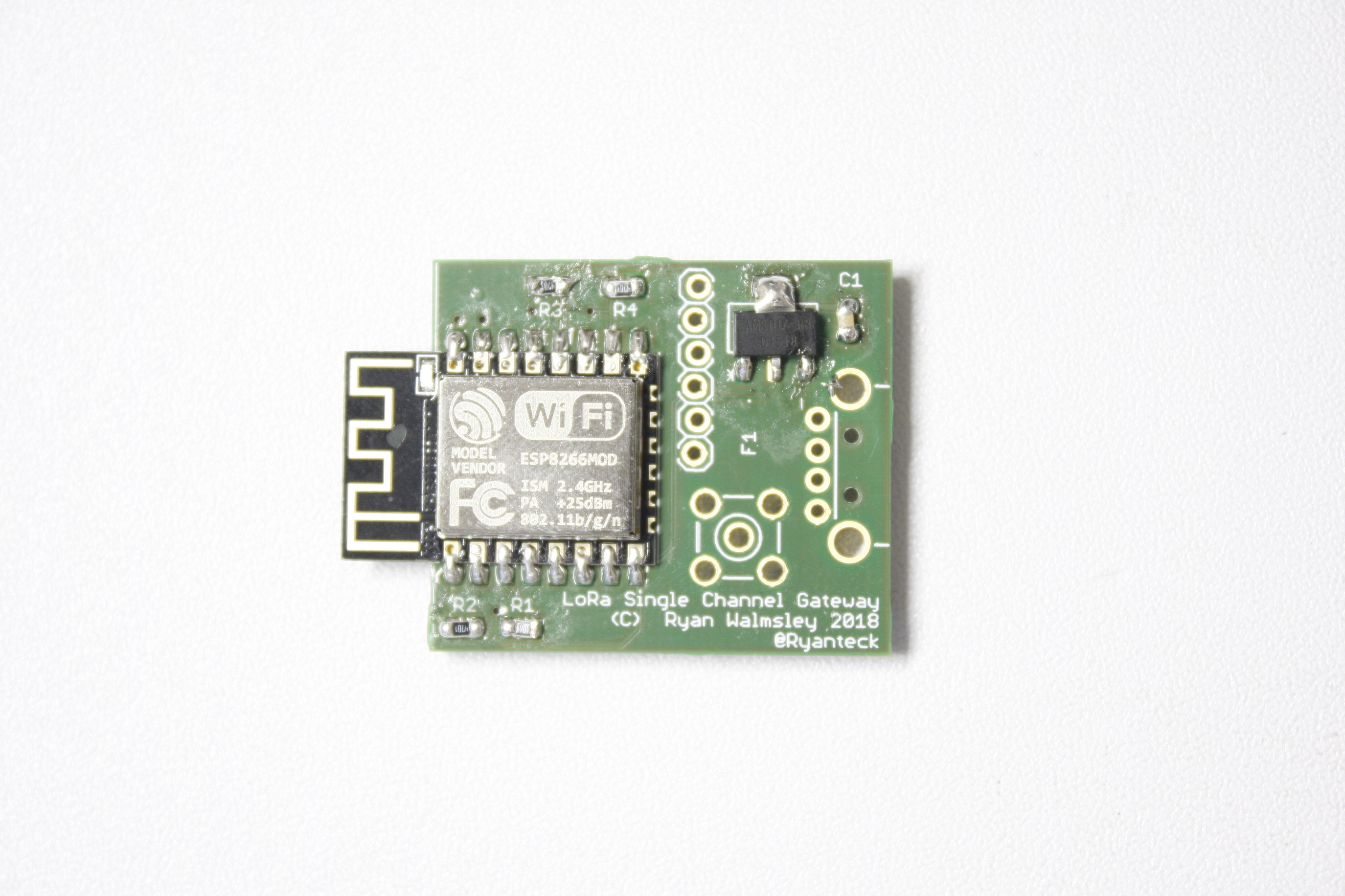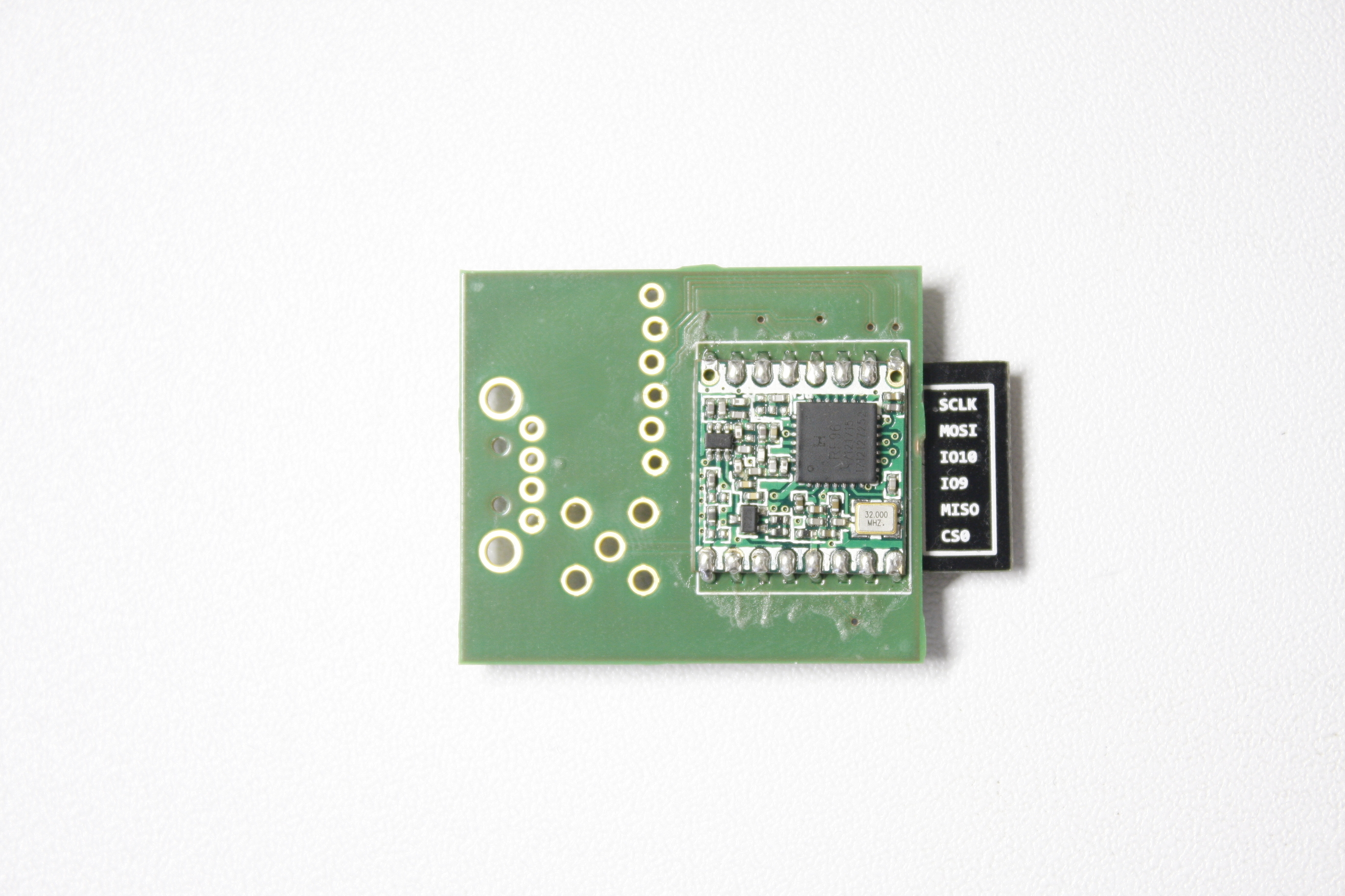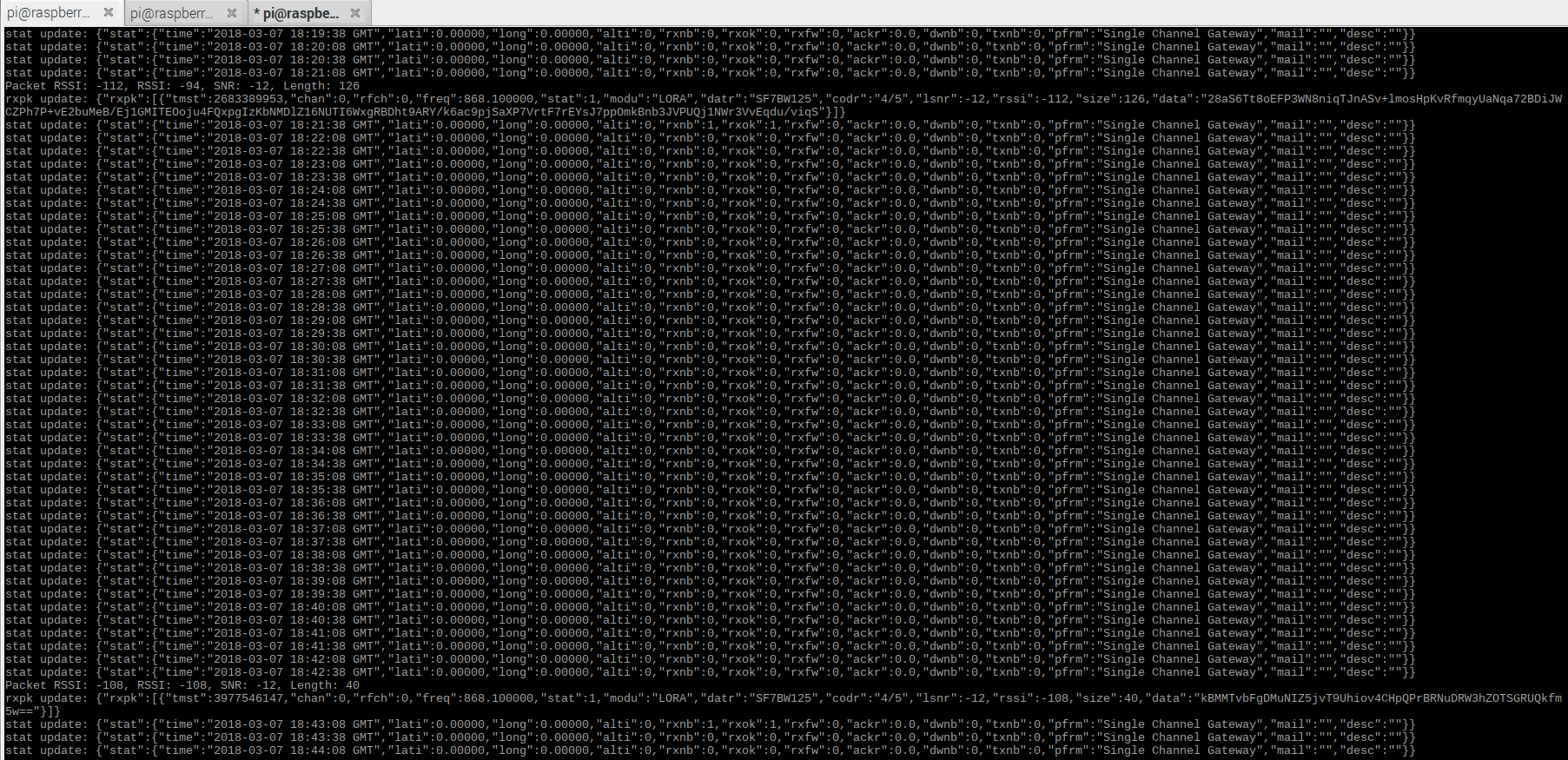Disclaimer
Single channel packet forwarders are NOT supported by The Things Network and we condemn their use.
Single Channel Packet Forwarders are not LoRaWAN compliant gateways.
They negatively impact proper operation of gateways and end devices (nodes) in their area which means they negatively impact The Things Network and its users, but they also impact other LoRaWAN operators. Not only now, but also in the future when new nodes and new gateways are added in the area.
Single Channel Packet Forwarders are often called Single Channel Gateways which is incorrect, confusing and misleading. They shall not be called gateways.
Be aware that some vendors will try to sell Single Channel Packet Forwarders as a gateway which they are not. These cannot be used as gateway for The Things Network.
NOT supported also means that single channel packet forwarders may no longer work after the community network will be migrated to V3.
Only LoRaWAN compliant gateways are supported by The Things Network.
History
Years ago in the early days of The Things Network, LoRaWAN gateways were very expensive and out of reach for many. In those days a Single Channel Packet Forwarder was an affordable alternative to start experimenting with the technology and The Things Network.
During recent years much cheaper and much more affordable gateways have become available. The Things Indoor Gateway costs around €85 (VAT included) and there are many options for both DIY and commercial gateways in the price range from €120 to €200.
In the last years many gateways have been deployed worldwide and network coverage has become available in many areas on the globe. The effect and importance of the negative impact of Single Channel Packet Forwarders on successful operation of the network and its users has substantially increased with the growth of the network. Therefore use of Single Channel Packet Forwarders is now deprecated and is condemned by The Things Network and on this forum.
(end of disclaimer)
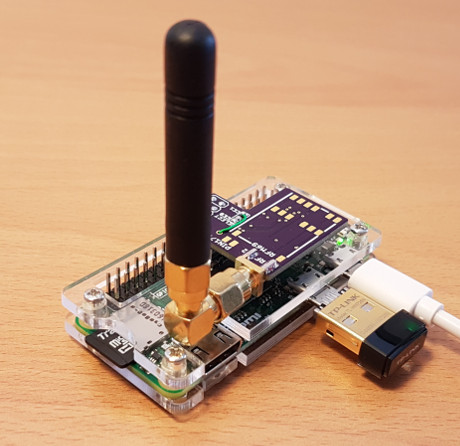
Example hardware: Raspberry Pi Zero + RFM95 hat + Wifi dongle
For previous parts of this topic see:
Single Channel Packet Forwarder part 1 [Deprecated]
Single Channel Packet Forwarder part 2 [Deprecated]
List of single channel gateway implementations
Below is a list of actual, up-to-date RFM9x / SX127x-based single channel gateway implementations:
(List was last updated on: 2017-12-05)
For Raspberry Pi
-
https://github.com/hallard/single_chan_pkt_fwd
Supports ABP activation, single frequency and single spreading factor. Configuration via separate configuration file (configuration changes do not require recompilation but require the software to be re-started). (Written in C++.)
For ESP8266
-
https://github.com/things4u/ESP-1ch-Gateway-v5.0
Supports ABP and OTAA activation, downstream messages(?), single frequency with multiple spreading factors, Web interface, WifiManager, OTA, I2C OLED display and ‘use gateway as a node’. Configuration is (partially) hard-coded (some configuration changes require recompilation while others can be changed via web interface, if enabled). (Written in C++.) -
https://github.com/JaapBraam/LoRaWanGateway
Supports ABP and OTAA activation, downstream messages and single frequency with multiple spreading factors. Configuration via separate file (but file also contains code). (Written in Lua.)
For ESP32
-
https://github.com/kersing/ESP-1ch-Gateway-v5.0
This fork of ‘things4u ESP-1ch-Gateway-v5.0’ for ESP8266 has added support for ESP32 and (Heltec) Wifi LoRa 32 modules.
Supports the same features as things4u’s implementation but currently does not support WifiManager and OTA. (Written in C++.) -
https://github.com/pycom/pycom-libraries/tree/master/examples/lorawan-nano-gateway for the LoPy (ESP32 board running MicroPython interpreter).
Supports ABP and OTAA activation, downstream messages, single frequency (not clear if multiple spreading factors are supported), configuration via separate configuration file that can be uploaded via USB or FTP. Lacks description / instructions / readme. (Written in MicroPython.)
.
NOTES:
- Don’t forget: each implementation requires that you configure the software with your own gateway parameters (and your own LoRa module wiring pin numbers) before compiling and/or running the software.
- Hallard’s Raspberry Pi version installs flawlessly (but supports the least features).
The other implementations may require some tweaking.
